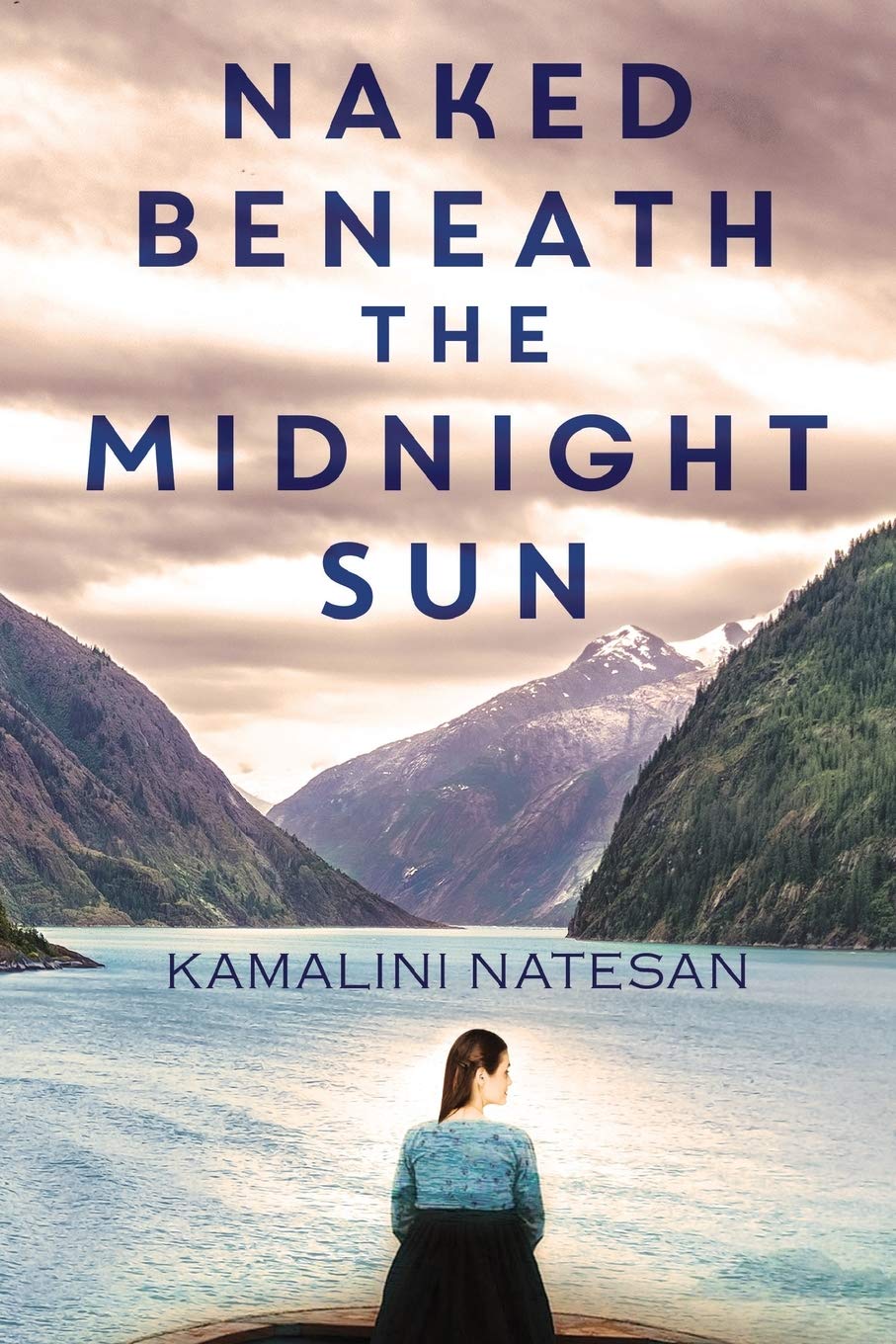
(Chimamanda Ngozi Adichie)
- 336 pages
While this is not my first Adichie, it is definitely not my last. I had bought this book almost a year ago, after devouring her Americanah, which had stirred many strands within, those that linked me right back to myself, my ethnicity. This woman certainly has what it takes when it comes to telling a tale that grips you from the very beginning.
Purple Hibiscus is the story of a young 15-year-old girl, Kambili, her brother Jaja and her mama and papa- the patriarch of the family, whose religious beliefs rule the home with more than an iron hand. The writing, as tantalizing and real as it is, brings alive the rich home of Eugene & Beatrice and their kids. Yes, these are rich folk, yet life in Nigeria, at the time was not easy. Nor is it today I am told.
It’s a complex story and is terrifyingly real. You travel to Abba, and Nsukka, in Nigeria, where Kambili’s paternal aunt resides. You smell the food, you taste it, you pound, you peel and you are there. The Igbo language (one of the four spoken in Nigeria), which dots the dialogues and exchanges, adds luster to the telling.
It is only when Kambili and her brother are permitted to visit the aunt Ifeoma, that the young girl begins to open to life’s myriad offerings. Her voice is a stutter, and she knows not to smile openly- laughing? No, that does not happen in her pa’s home. It is here that the first fluttering of love is felt. Her aunt says, “Being defiant can be a good thing sometimes. Defiance is like Marijuana- it is not a bad thing when it is used right.” And that may be said for most anything right? All in right measure, with the right intent.
Chimamanda has a way of getting under your skin, and making you sit upright, reexamining your own life, as it were.- She seems to redefine the meaning of many a word. I quote a passage that talks about the helplessness of the protagonist- when she realizes how much easier learning could be were it by the subtle method employed by her happy aunt for her kids:
“ It was what aunt Ifeoma did to my cousins, I realized then, setting higher and higher jumps for them in the way she talked to them in what she expected of them. She did it all the time believing they would scale the rod. And they did. It was different for Jaja and me. We did not scale the rod because we believed we could, we scaled it because we were terrified that we couldn’t.”
All they’ve ever known is their father’s tyrannical hand to eye coordination, if I might call it that, and the irony is that she loves him all the same. It is their ‘normal’, so when another life seems so much lighter in its breadth, the joys it throws up, the possibility of owning it also begins to form in the psyche of the girl child- however Jaja begins to rebel far sooner. The religious conflicts between their papa and his sister are a lot for the kids to handle. They are estranged from their grandpa who is a traditionalist and refuses to comply with his son’s demands- yet they watch their Catholic aunt take him in in his last days, and serve him lovingly. The children, while being conflicted, understand the meaning of kindness beyond religion and its diktats.
Kambili’s aunt Ifeoma is forced to resign from the University and move to the United States of America, and simultaneously so the does the Priest the young girl is in love with, she feels her life will fall apart. But then an incident calls for her focus, one that is even more devastating. It spells both a freedom of sorts, as does it the end of an era.
Her aunt writes from USA, encapsulating her yearning and longing for the country she fled from, her very own,
“There are people, who think that we cannot rule ourselves because the few times we tried, we failed, as if all the others who rule themselves today got it right the first time. It is like telling a crawling baby who tries to walk, and then falls back on his buttocks, to stay there. As if the adults walking past him did not all crawl, once.” How true, how painfully true!
Adichie was awarded the Hurston/Wright Legacy award for debut fiction, and was shortlisted for the Orange Prize 2004. She is a fabulous writer, and only got better in time. Her Americanah (2013) is a strong yet tender story of race and identity in USA. She moves me like none else, and above all, the writing is simple- much like an arrow that pierces where it must, finding its mark without fail.





Yes, it is a very moving book! Mira bought it for me after my knee operation, and I enjoyed reading it thoroughly.